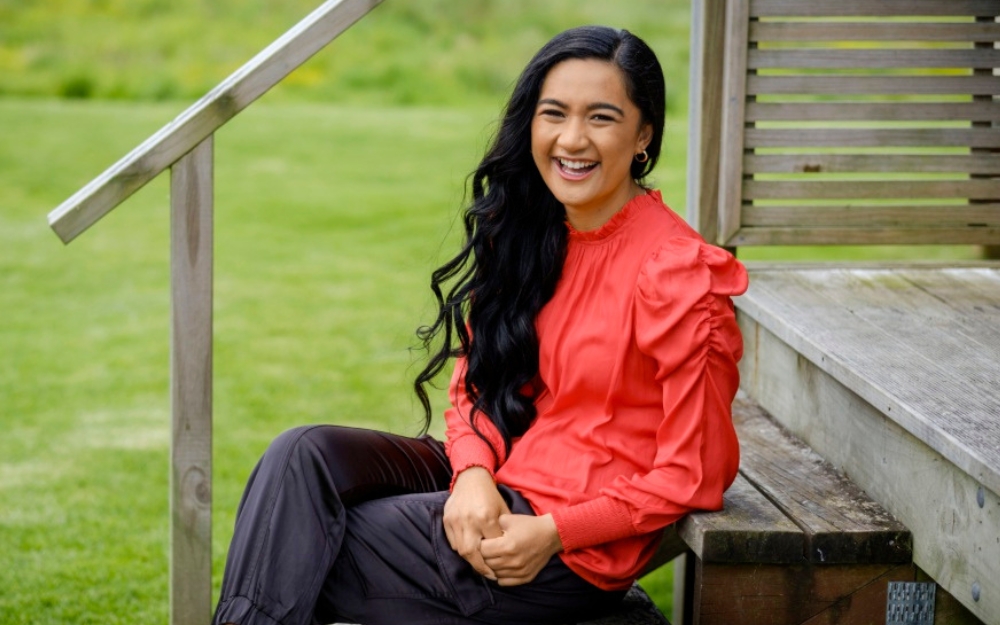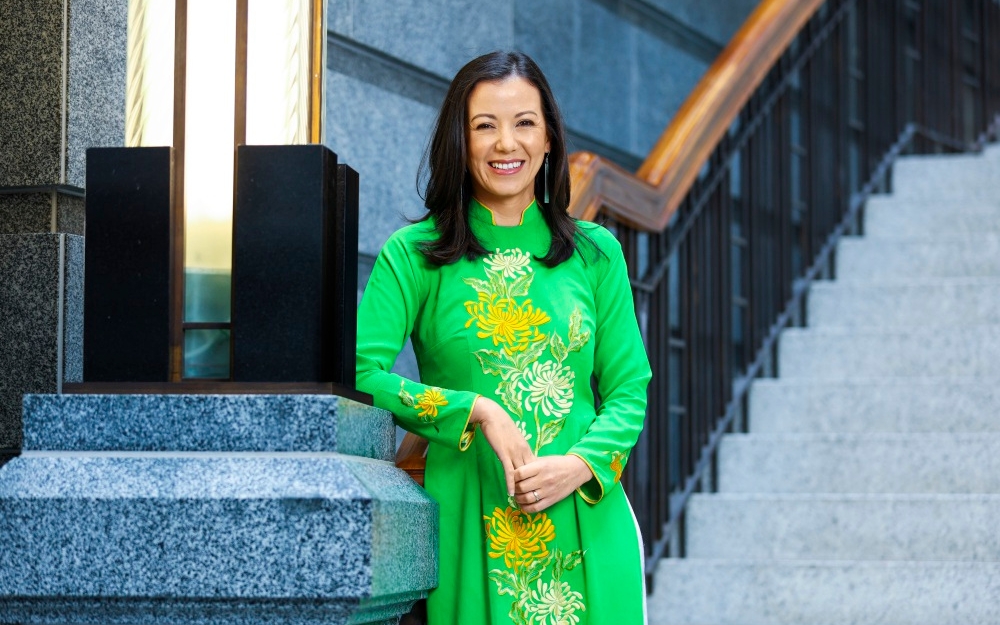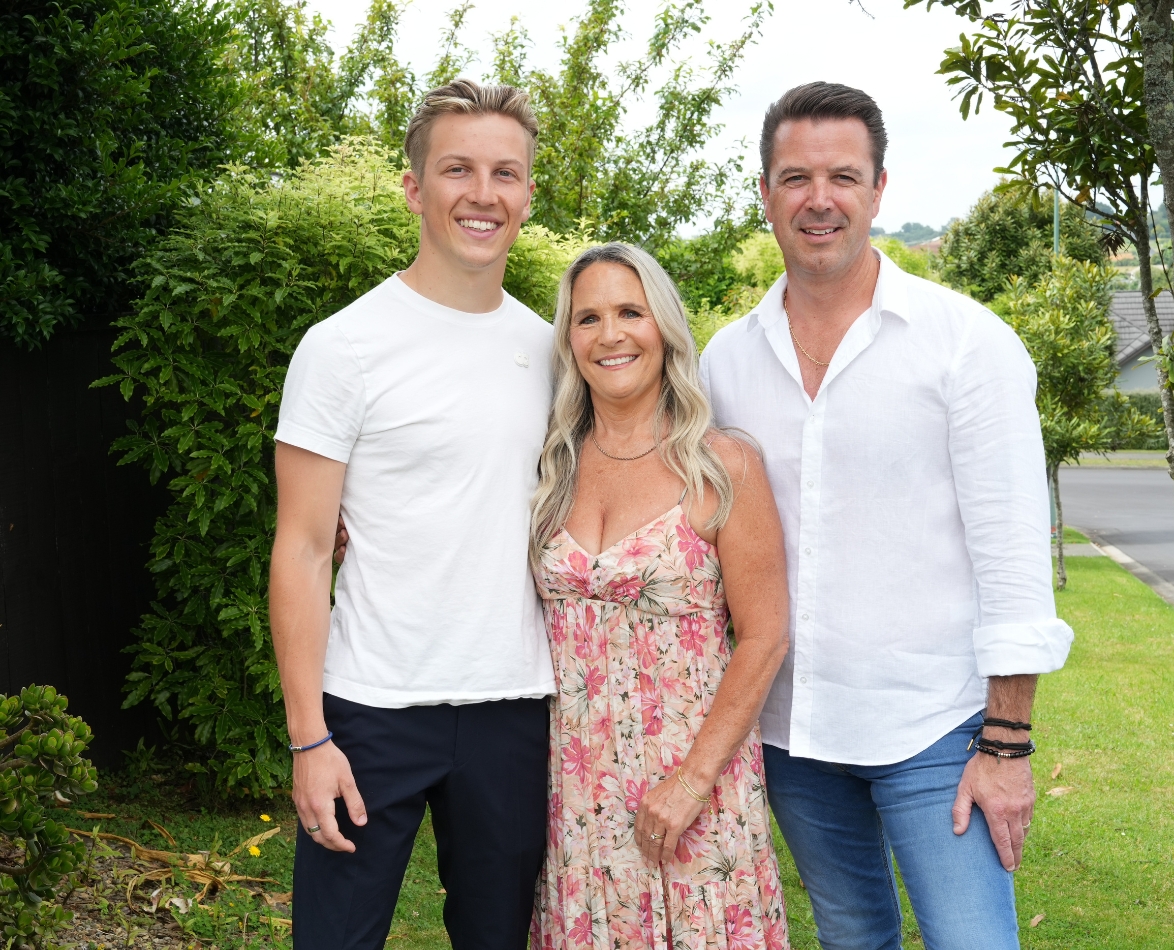It’s a long way from the UK’s West Midlands to Rotorua. But it’s a journey that has paid off for Emma Bean, who’s ended up spearheading the movement to save Aotearoa’s endangered national emblem, the kiwi.
Emma, 42, is the hatchery manager of Rotorua’s National Kiwi Hatchery, the largest facility in New Zealand that hatches kiwi eggs before releasing them into the wild.
The irony of a Brit being a key part of the flightless bird’s survival isn’t lost on Emma, who moved here in 2006.
“I’d never seen a kiwi or knew much about them before I arrived,” she admits. “But two months later, I was volunteering at the National Kiwi Hatchery!”
She’s been there ever since, working her way up from kiwi keeper to assistant manager and, as of 2017, she’s in charge of around 25 staff and volunteers at the not-for-profit organisation. That includes overseeing the centre’s move into Rotorua’s popular tourist attraction, the Agrodome.
“We were running out of space at our old centre, but thankfully we now have increased capacity to hatch even more eggs,” says Emma of the facility that’s a key part of Operation Nest Egg (ONE), a nationwide kiwi recovery project established in 1995.
“Only 5% of kiwi chicks that hatch in the wild reach adulthood. ONE is about changing that by removing kiwi eggs and chicks from their burrows, and caring for them until they’re around 1kg and big enough to fend for themselves in the wild. It’s working because a ONE chick has a 65% chance of surviving to adulthood, which is way better odds.”

The team uses specially trained dogs to sniff out the adult kiwi and attach transmitters, which monitor activity to estimate when the eggs are likely to be laid. Sixty days after the egg has been laid, field workers locate it and bring it into the facility, where it’s incubated in temperature-sensitive conditions until it hatches.
“We then look after the chick until it weighs more than one kilo, when it can protect itself against stoats. And then we return it to where it was found.”
Just last week, the National Kiwi Hatchery marked the hatching of its 2500th chick.
“When I first started, I remember celebrating the 500th hatched egg, so to be welcoming the 2500th member into our whānau is pretty amazing and a very proud moment for the facility.”
Life has come full circle for Emma, who grew up wanting to be a vet. “But it’s really hard to get into vet school in the UK and I didn’t make the cut, so I decided to keep things open by doing a biological sciences degree at Birmingham University.”
She’d long been interested in working in the conservation field but was put off by her parents, who told her there was no money in conservation.
“So I became a microbiologist and worked for a couple of years at a yoghurt factory.”
But Emma’s love for animals, plus her desire to travel, never went away. In 2006, she spent six months in Southeast Asia, where she volunteered at various animal-based conservation projects.

One programme was with elephants in Thailand’s Chiang Mai, where Emma was part of a team that helped wean the gentle giants off drugs.
“The elephants at the sanctuary had had really hard lives because they were used for illegal logging at night and for giving tourists rides during the day. So often they were given drugs to keep them awake. The sanctuary I volunteered at helped to get them off drugs and re-establish them into family units.”
Emma also spent time volunteering with surrendered gibbons in Phuket and helping to reintroduce the apes to the wild. She then arrived in Aotearoa with a two-year work visa and every intention of returning to the UK when it was up.
“But I absolutely fell in love with this country and the people,” she tells. “My a-ha moment was when my parents came out for a visit and we were hiking in the Abel Tasman National Park. My mother looked at me and said, ‘I can see the sparkle in your eye. You shouldn’t be living anywhere else but in New Zealand.’”
Being given the chance to work with our national icon was, she admits, the icing on the cake.
“The goal is to stop kiwi from becoming extinct because that’s what will happen if we don’t do anything. Although I say this is my job for life, I’d love to do myself out of a job because hopefully one day kiwi will be safe from predators.
“Until then, my focus is on advocacy and education because if people understand how important it is to conserve the kiwi, then they’ll be more engaged in the process and sustainable in their own lives.”



